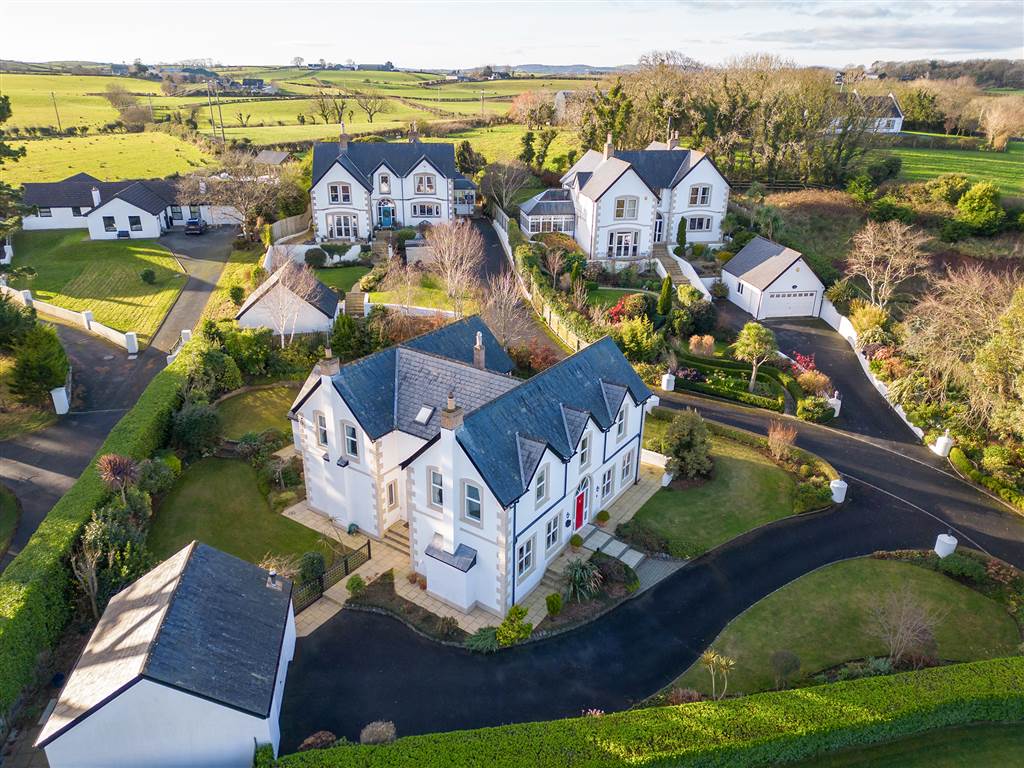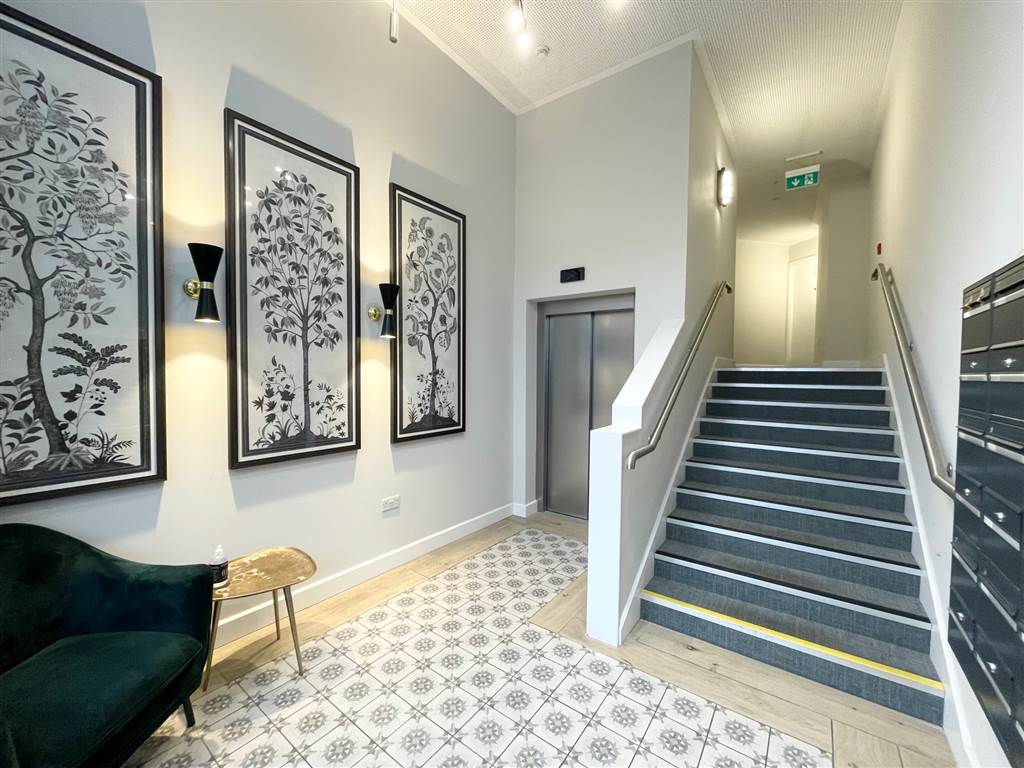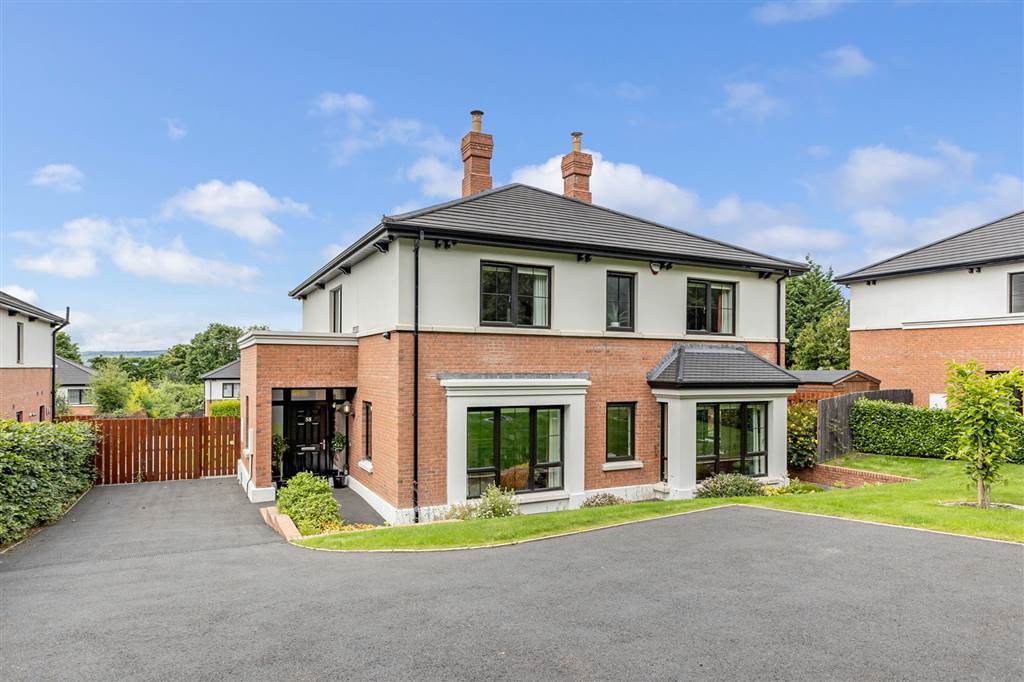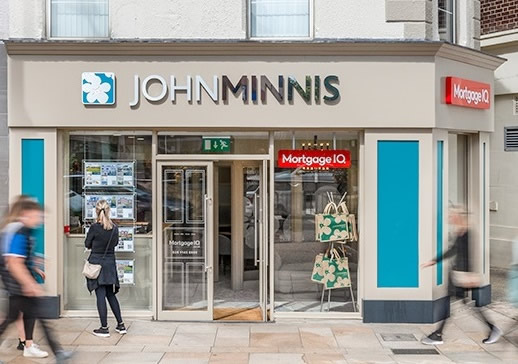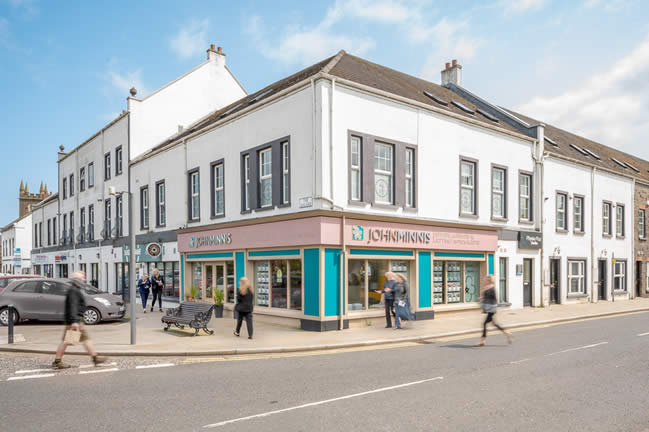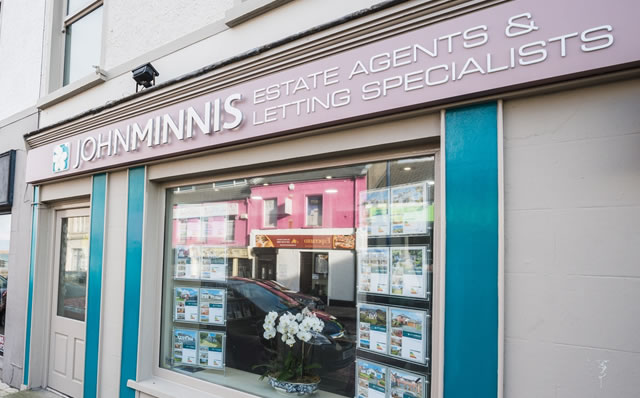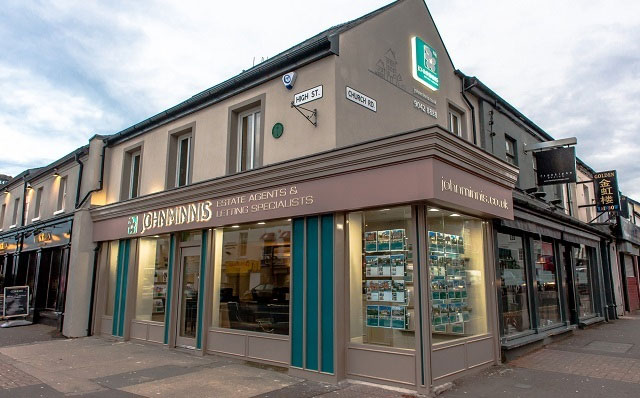How much can you afford per month?
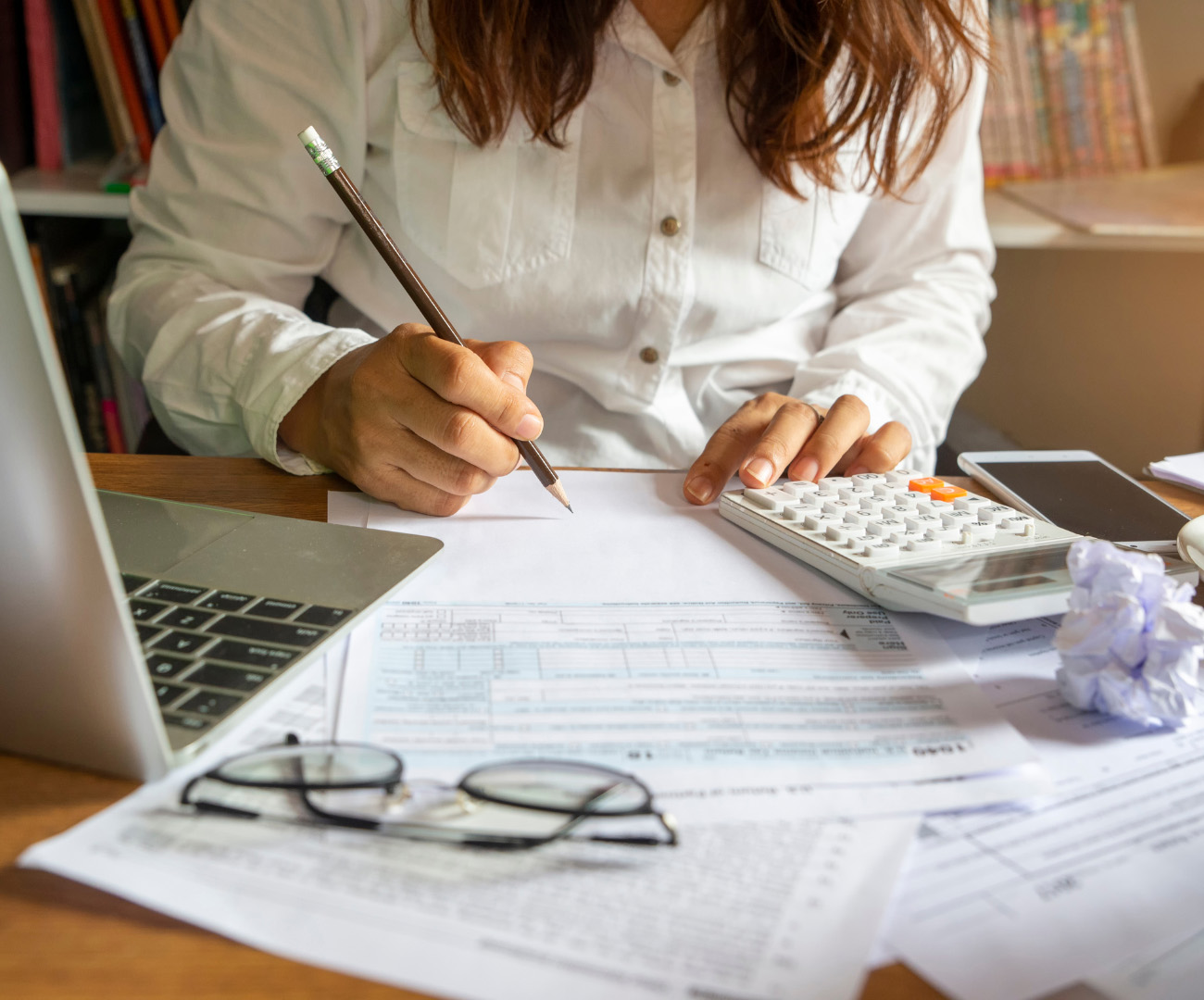
This may seem like it's an obvious question, but it's easier to get carried away.If you have completed any online mortgage calculators, you may have some idea on the amount of money you can borrow. Or perhaps you have a mortgage in principle that dictates the maximum purchase price.
Either way, the repayments on that amount can sometimes be higher than what you might be comfortable paying.
What can you comfortably spend each month?
The first step in setting a budget for buying any home, is figuring out how much you can afford to spend. This can depend on your income, savings and other financial factors.It can also depend on how much disposable income you like to have each month and whether there are other factors that might affect your income in the future, like starting a family.
There is a rule of thumb that your mortgage should not cost you more than 28% of your gross income per month. So, if your monthly gross household income is £3000 then your mortgage should not cost you more than £840 a month.
To sum that up, you could borrow £187,000 with 3.5% interest paid over a 30 year mortgage term and pay £840 per month in mortgage payments.
As a first-time buyer, it can be difficult to determine how much you can comfortably afford, especially if you have previously been living with parents.
If you are currently renting, you may already be comfortable with calculating affordable monthly payments.
Consider different areas
The location, condition of the property and size of the home can hugely affect the purchase price. If your budget doesn't stretch as far as you'd like it to, you may have to compromise on one of those factors.Do you prefer city life or country life? Do you want to live near friends and family or do you prefer to be alone?
Once you've worked out how much you can comfortably spend, you'll want to work out exactly where you would like to live.
You'll need to factor this into your calculations when determining how much you can afford.
How much deposit do you need?
Once you have an idea of what amount you are happy to pay for monthly mortgage payments and you have an idea of how much you can lend, it's time to start looking at different properties.Generally, you will need a minimum of 5% deposit to buy a home in the UK, but you will usually have access to far better deals if you can save up a 10% deposit, although this can depend on the mortgage lender.
Your credit score is important here, as your lender may require a larger deposit.
If you can save more than a 5% deposit you will have access to a wider range of deals with different mortgage lenders, and lower interest rates. We recommend speaking with a mortgage broker for advice on which mortgage to choose.
If you have found a house that you are interested in, speak to the estate agent if you do not have a mortgage in place yet. As a potential buyer, they may have someone in-house to help you find the right mortgage provider, so it is worth enquiring with the estate agent if you are in this position.
What is LTV?
When you start looking at different types of mortgages, you will come across the term LTV, or loan-to-value.To put it simply, it is a percentage figure of the amount you have borrowed to buy the property (loan) compared to the mortgage lenders valuation of the property (value).
If you bought a home at £150,000 and had a deposit of £15,000, you would have a 90% LTV. This is because the amount you have borrowed (£135,000) is 90% of the properties value.
Generally, the lower the LTV is, the lower interest rates you can get on your mortgage deal.
However to do this, you tend to need to be able to have a large deposit which isn't always achievable for first-time buyers. (This is something that a mortgage broker will be able to advise you on.)
Sometimes it can be better to have a higher LTV, and use any extra money to refurbish the property, invest or put into emergency savings.
Use this time to keep an eye on your credit score too, ensure you keep up to date with all of your credit payments and ensure you are named on the electoral roll.
These factors can help you get accepted for a better interest rate and have access to a wider range of mortgage deals.
If you are unsure on how to check your credit score or how to improve your credit rating, you can find more information from the Money Advice Service.
What about government help?
There is a government-backed mortgage scheme that helps first-time buyers get on the property ladder with a deposit as low as 5%. This is applicable to homes up to £600,000 and helps make owning your own home become more affordable.There are a few different financial schemes with government funding available, head to the government website for more information.
How much Stamp Duty will you pay?
Firstly, you may be wondering; what is stamp duty?
Stamp Duty Land Tax (SDLT) is paid when buying a residential property in the UK, this can vary depending on whether you are a first-time buyer, a home-mover or purchasing an additional property.
The tax is charged at different rates, depending on the price of the home which you can find a full guide on here.
All stamp duty is paid to HM Revenue and Customs (HMRC) when the property is purchased, and the buyer is responsible for paying the tax. Failure to pay stamp duty on time can result in penalties and interest charges.
Stamp duty has recently changed, and as of September 2022, the new amount that first-time buyers will pay stamp duty on is £425,000.
Previously stamp duty charges were charged for properties over £300,000, so this is a huge saving for first-time buyers.
If you buy a property that is over £425,000, the standard rate of stamp duty will apply.
For first-time buyers, stamp duty charges are 5% on the portion £425,001 and above but lower than £925,000. On the portion above £925,001 but lower than £1,500,000 a rate of 10% applies. If the home is £1,500,001 or more, than the rate of 12% of that portion applies.
For example if you are buying your first home and the property is £300,000, you will pay no stamp duty land tax. If your first home is £600,00 then you will pay nothing on the first £425,000 and 5% on the remaining £175,000 which comes to a total bill of £8,750.
What are surveyors fees, and how much will they cost?
A house survey is important because it will highlight any major defects that the property might have and provides advice on repairs and maintenance.
Basically, it helps to eliminate any unwanted surprises!
The cost of property surveys vary depending on the type of house survey and the level of detail that you require in the report. The type of property and location can also affect the price.
Usually, the surveyors fees can range anywhere from £400 to £1,425.
But again, this largely depends on the type of survey you require.
It is crucial to include this in your budget, as what will cost you money now, may save you a lot more in the future!
How much are conveyancing fees?
When buying a home, you will need to instruct a solicitor or licensed conveyancer to handle all of the legal parts to buying a property.
This is called conveyancing.
Some of the fees can include:
- Legal fees - Your solicitor will usually charge you a flat fee, this can vary between £500 and £1000 depending on how complex the transaction is and the location.
- Land registry fees - All homes need to be added on to the Land Register. This is a government register and the cost depends on the value of your home.
- Money transfer fees - This is a fee to cover the charges of transferring money between mortgage lenders and conveyancers, lenders and buyers.
These are all one-off charges when you are purchasing a home, and they are in place to keep every party involved protected.
What is the difference between using a solicitor or a licensed conveyancer?
You may be wondering which is the best option; a solicitor or a licensed conveyancer.You can save money by using a licensed conveyancer and they are specialised in this area, but if you have any complex legal issues then they will not be able to help.
On the other hand, solicitors tend to be more expensive but they can assist you with other legal matters that may come up during the buying process.
The cost of moving home
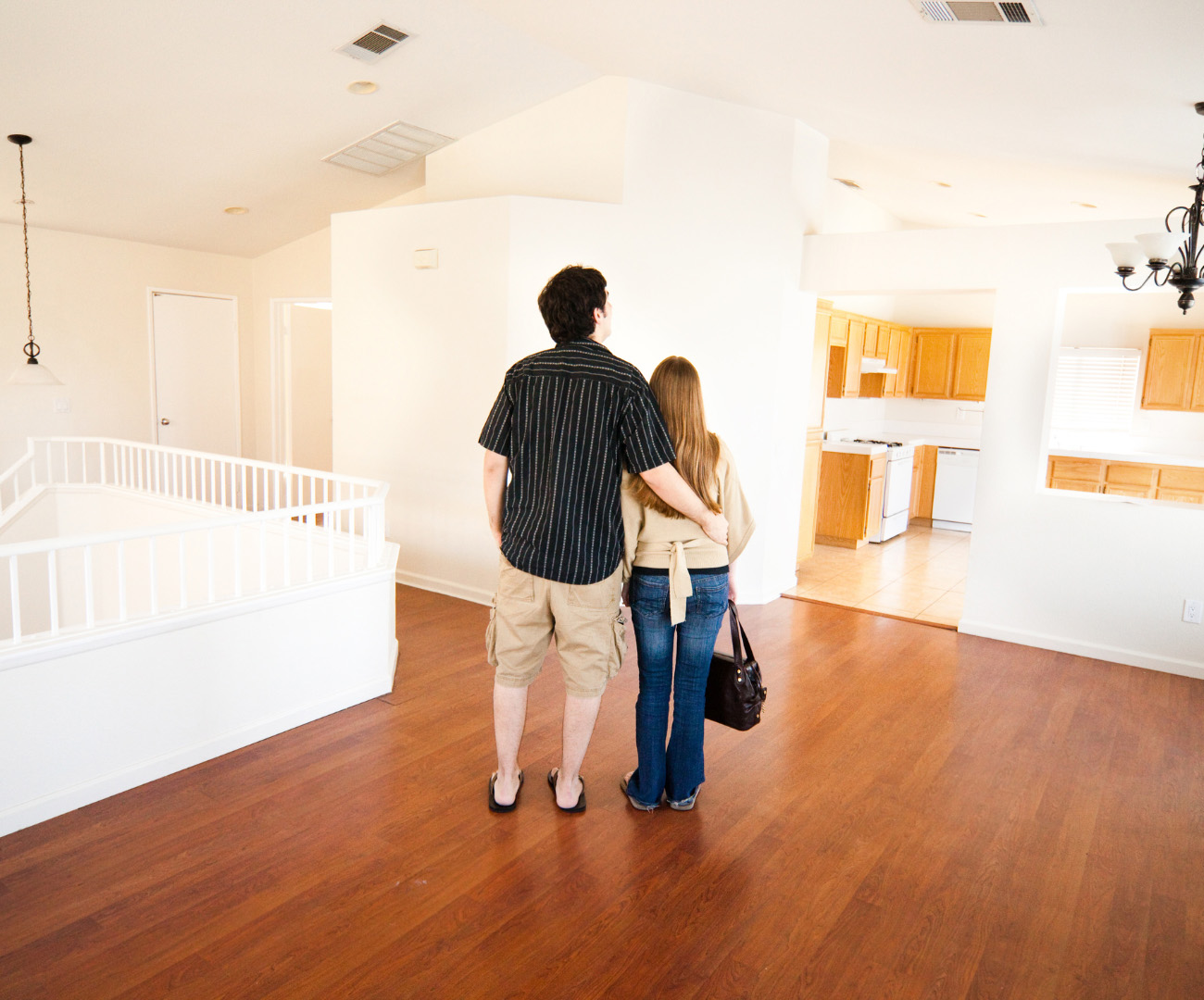
Yes, moving house can be expensive, but if you plan ahead then you can save a lot of headaches...and money!Need a hand with the heavy-lifting?
Do you need to hire a moving van, or do you have some friends that are happy to pitch in - bonus points if they have a van themselves!If you have a lot to move, or you are moving a fair distance away, it might be best to hire professional movers to help you.
Don't be afraid to ask if they have insurance either. Your valuables need protecting.
You may have friends and family who can recommend someone, but if not, head to the National Guild of Removers and Storers for local operators.
Stump up for storage
You may have to bridge the gap between moving out of a property and moving into a new one.If so, take a look at local storage companies in the area.
However, if you have previously been renting, it can be a good idea to end your tenancy a few days after your completion date. This way you don't have to pay for storage, and you can (hopefully!) reduce the stress of moving.
Re-direct your mail
If you don't want to miss out on important mail, it makes sense to re-direct your mail from your old property to your new one. Doing this can also prevent fraud because your mail won't land in the wrong hands.
You can re-direct your mail for 3, 6, 9 or 12 months to an address in the UK or overseas from £33.99.
Furnishing the property
If you have previously rented, you may have all of the furniture you need for now.
But, if you have been living with family, you may need to factor in a lot of costs for furnishing your new home.
It can all add up, as even your first grocery shop will usually be a lot higher in price to fill your cupboards!
To save money, this is where friends and family can help. If people want to buy housewarming gifts, let them know what you're desperately in need of or ask for a gift card instead.
You'd be surprised about the things people have lying around in storage or appliances they have never used. This can save you a lot of money, and help you to have everything you need in your new home.
Additional expenses to budget for
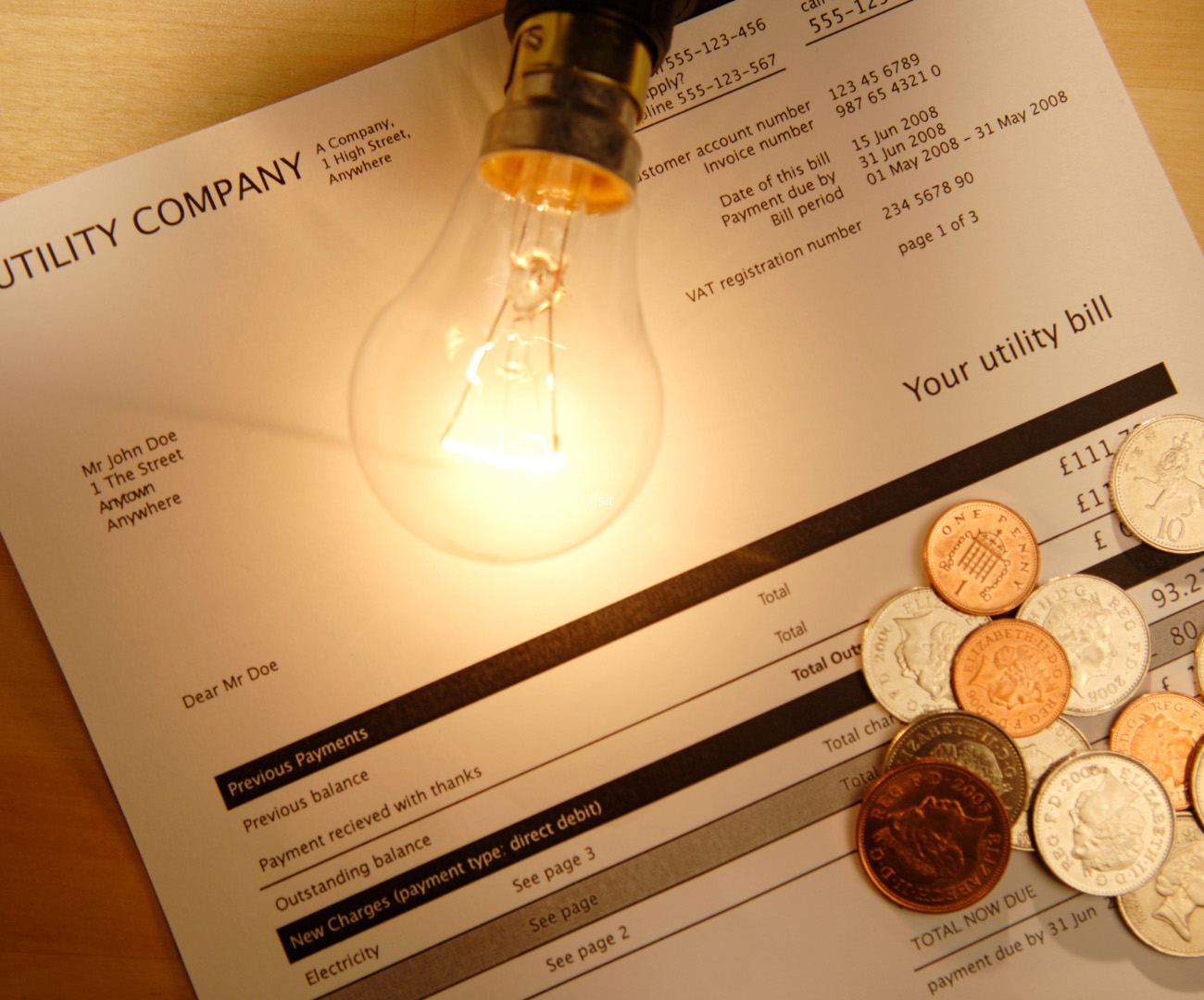
Now you have worked out some of your buying costs, many of which are one-off payments, you can take a look at what other extra costs you will have to budget for.
These are all outgoings that you will have to consider, in addition to your monthly mortgage payments. Some you may already be aware of, whereas others may be completely new to you.
Utility Bills
When you move into a property, you become liable for the household bills. To keep on top of these additional costs, it is crucial that you get set up as the new liable party immediately so you aren't faced with a large bill.
The main utility bills are:
- Gas and Electric - These are with the same supplier on the same bill, but will have different charges.
- Water Bill - You will receive an estimated charge for the year depending on the house you live in and how many people are in the property. This can then be paid in 12 monthly direct debit payments.
- TV Licence - You need to have a TV licence if anyone in your property watches or records live TV, or streams any BBC programmes.
For advice on how to save money on your utility bills, take a look at the Money Saving Expert for advice.
Insurance
As a homeowner, there are three different types of insurance that are advisable to have:- Buildings insurance - This type of insurance covers any damage to the structure of your home, many mortgage lenders insist that this be put in place.
- Contents insurance - This is to cover theft, loss or damage to your personal property whilst it is inside your home.
- Life insurance - You may decide to take out life insurance that will cover the sum of your mortgage.
However, for peace of mind and to protect yourself financially, it is definitely something that should be explored at the very least.
Food Costs
This cost is subjective and greatly varies from person to person. A single-person household will tend to have much lower food costs than a large family does.
To be safe, it is best to have an idea of how much you are likely to spend per week or month, and try to set a budget. Costs like this can easily sky rocket if there is not budget in place.
Council Tax
When you buy or rent a home, you are liable for Council Tax. This is a local government tax and what you pay will vary depending on the area that you live and the 'banding' that your property is in.If you have found a property that you love, but you are not sure which council tax band it is in or what the charges are, head to your local government website to find out.
Keep in mind though, if the previous owners have extended and improved the property, it could cause the property to move into a higher council tax band once the sale is complete.
Ask the owners if they have had any structural work done to the property whilst they have owned it so you can factor this in to your calculations.
Key Takeaways
- Work out how much you can comfortably afford to pay out each month, and remember the rule - no more than 28% of your gross income should be spent on a mortgage.
- When you have worked out how much you would like to spend each month and what property price you can afford - calculate how much of a deposit you need to save up, whether it's 5%, 10% or more.
- Work out other buying costs - such as stamp duty land tax, conveyancing fees or solicitors costs and factor in the survey cost.
- Budget for moving costs, furnishing the property, re-directing mail and storage, if you need it.
- Consider your monthly ongoing costs and how much your new utility bills will be, council tax and if you have to pay for a TV license.


